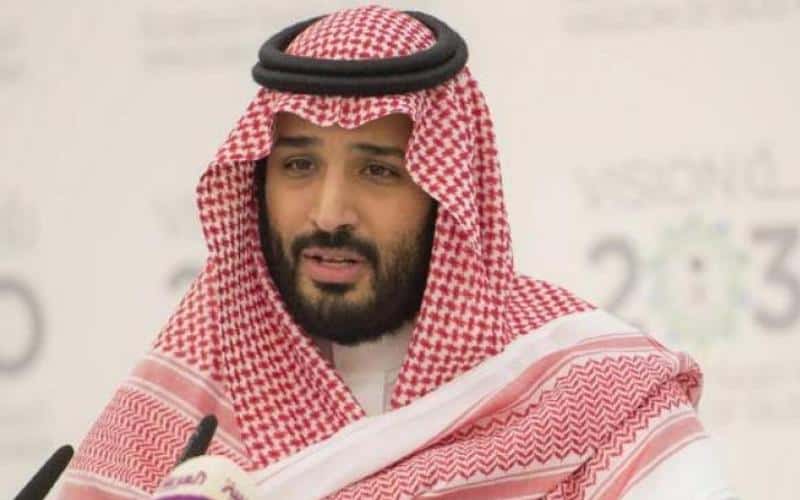Riyadh:Saudi state oil giant Aramco said Wednesday it is buying a majority stake in petrochemicals behemoth SABIC for $69.1 billion, a deal that gives the crown prince’s ambitious reform programme a massive cash boost.
The 70-percent stake purchase effectively merges the kingdom’s two largest companies, handing its top sovereign wealth fund around the same amount it had expected from a much-delayed Aramco IPO.
The deal, mooted last year, lends Crown Prince Mohammed bin Salman greater fiscal flexibility to pursue his reforms agenda after journalist Jamal Khashoggi’s murder and a sweeping crackdown against dissent left many investors spooked.
“Saudi Aramco today announced the signing of a share purchase agreement to acquire a 70% majority stake in Saudi Basic Industries Corporation (SABIC) from the Public Investment Fund of Saudi Arabia, in a private transaction for… $69.1 billion,” Aramco said in a statement.
Hailing it as a “historic deal”, Saudi Energy Minister Khalid al-Falih said the biggest winner from the deal was the national economy.
Saudi Arabia had sought to raise billions of dollars through a historic Aramco public offer to diversify the economy of the world’s largest oil exporter, but the plan has suffered a series of delays.
Observers see the acquisition of a controlling stake in SABIC as a complex alternative to raise much-needed cash for the Public Investment Fund (PIF).
“This is a win-win-win transaction and a transformational deal for three of Saudi Arabia’s most important economic entities,” PIF managing director Yasir al-Rumayyan said in the Aramco statement.
“It will unlock significant capital for PIF’s continued long-term investment strategy, underpinning sectoral and revenue diversification for Saudi Arabia.”
– ‘Alternative to IPO’ –
SABIC, Saudi Arabia’s largest publicly listed non-oil company, is said to have a market capitalisation of around $100 billion — the same amount the kingdom had sought to raise from Aramco’s IPO.
“Aramco is the Saudi entity best positioned to receive favourable financing, so this deal is the most efficient way for the PIF to obtain an influx of cash,” Ellen Wald, author of the book Saudi Inc., told AFP.
“It is an alternative to the Aramco IPO in the short-term because it gives the PIF some of the cash it was looking for, though we may still see a publicly traded Aramco in the future.”
The plan to float around five percent of Aramco — expected to be the world’s largest stock sale — forms the cornerstone of a reform programme envisaged by Prince Mohammed to wean the economy off its reliance on oil.
But Aramco executives have repeatedly cited unfavourable market conditions to push back the IPO, initially planned for 2018.
Government officials, however, insist that they remain committed to the IPO despite regulatory hurdles and that it will go ahead by 2021.
The PIF seeks cash to finance an ambitious reform programme envisaged by the crown prince.
Aiming to control more than $2 trillion by 2030, the PIF is involved in a host of big-ticket global investments — from buying a stake in Uber to pumping cash into a planned $500 billion mega city called NEOM in the kingdom’s northwest.
[source_without_link]AFP[/source_without_link]

